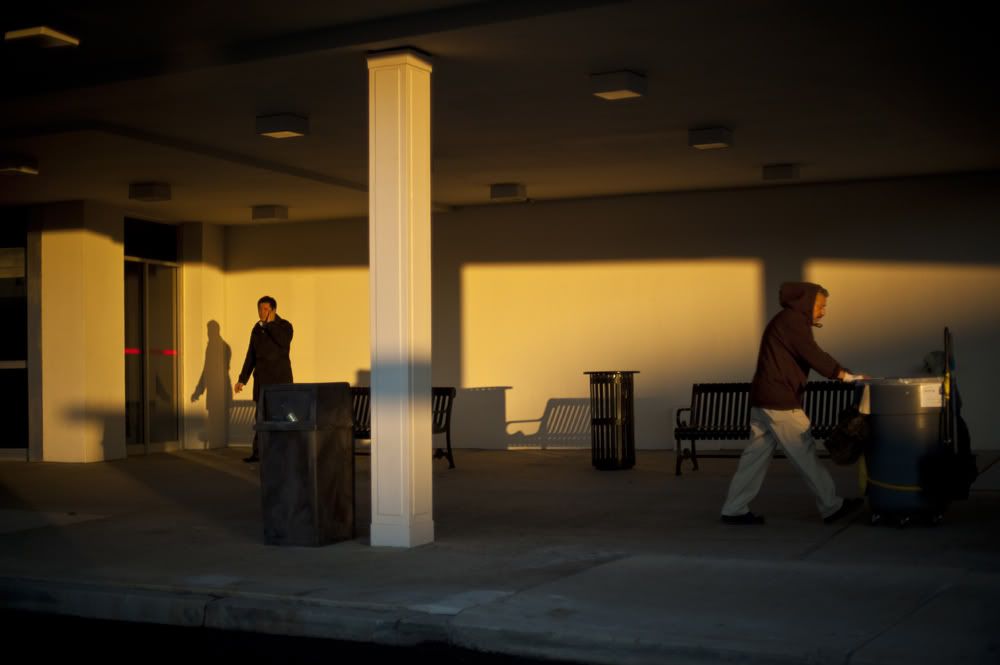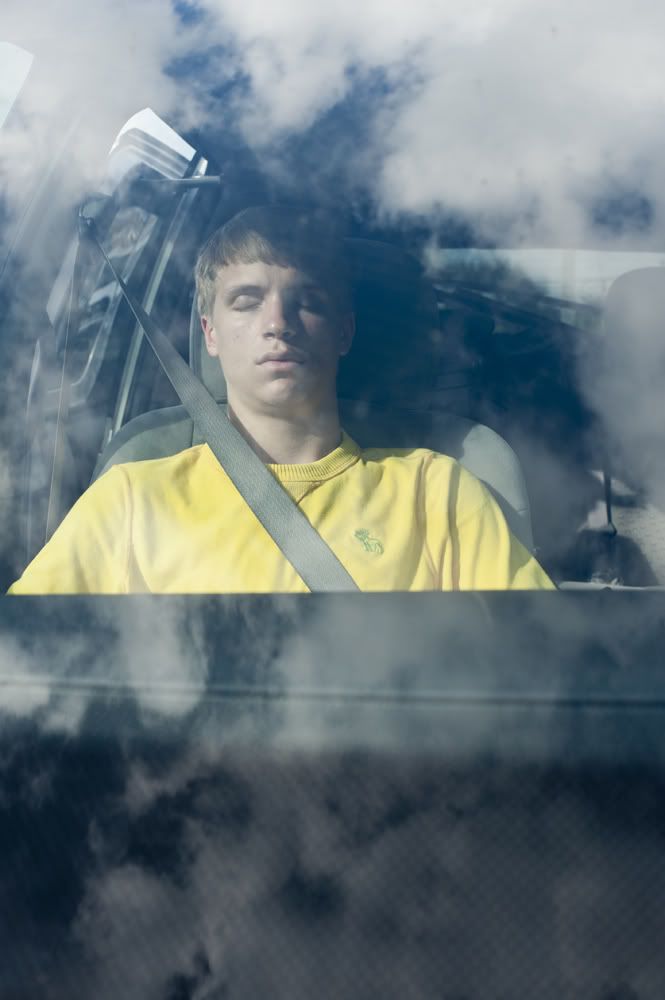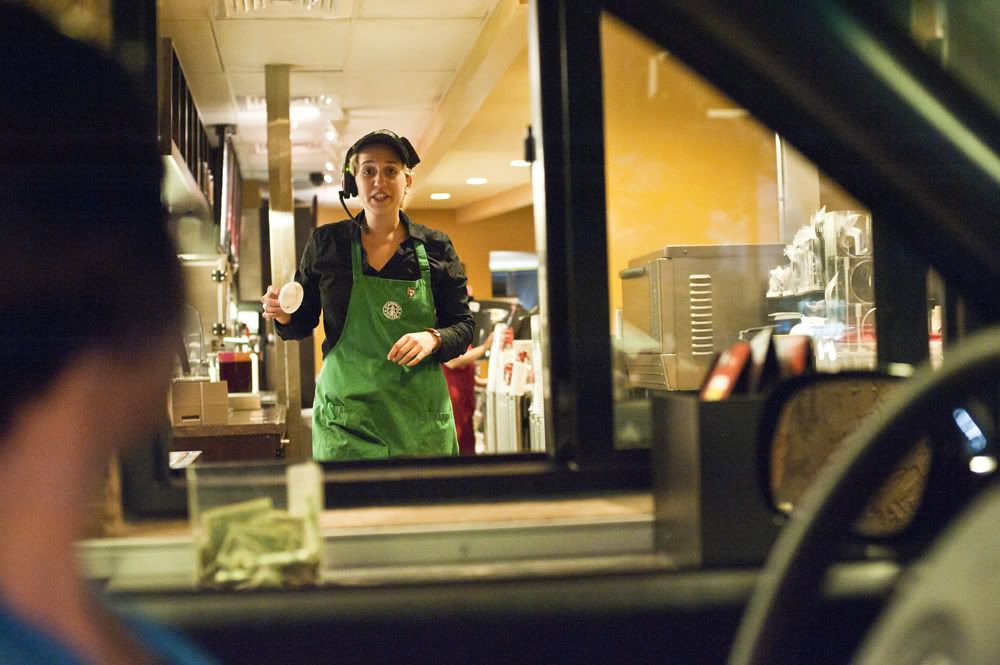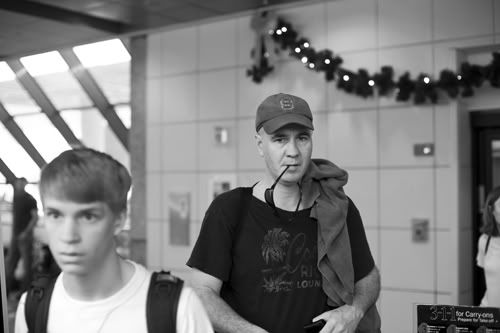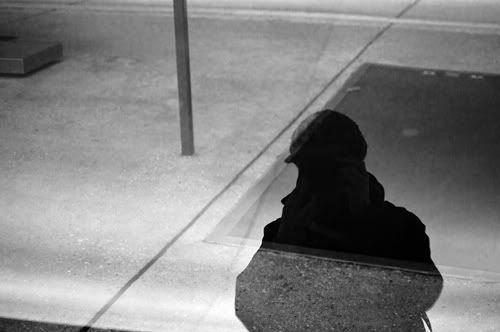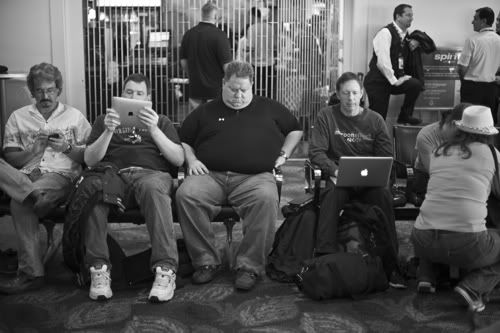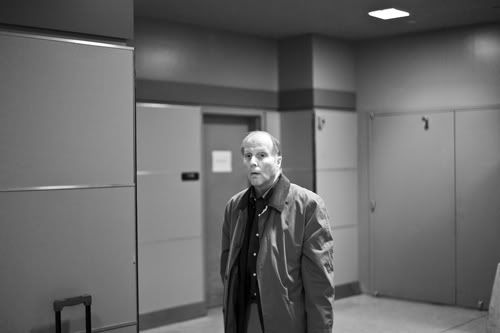Scott Mills sounds surprising perky for a man who returned two days before from a gruelling 5-day, 100km trek in temperatures reaching 48 degrees Celsius across the Kaisut Desert, all to raise money for Red Nose Day. ‘Well, I’ve got a bit of a bleurgh stomach, but it was an amazing experience. There were moments of ‘this is so brilliant,’ and ‘this is so awful,’ but it was incredible.’
Mills was joined by eight other celebrities on his challenge, including Lorraine Kelly, Craig David (where has he been since 7 days?!) and the perpetually chirpy Ollie Murs – a trio with a combined irritation factor that would push a Buddhist monk over the edge. Scott laughs, ‘At the beginning everyone was like, ‘Oh, we’re getting on so well!’, and I was like, ‘Hmm, well, let’s wait ‘til the end of the trip’. But actually it was exactly the same all the way through. It wasn’t like a reality show or one of those ‘I’m a Celebrity’ things where they choose really clashing characters. We were there to raise as much money as possible and it was hard enough as it was without any bickering.’
Mills has spent a lot of time in Africa recently, having filmed a documentary in November about gay rights and the treatment of gay people in Uganda, which was recently shown on BBC3. Despite hiding a little behind comedy, it became clear that Mills’ experience out in Uganda, where fervent homophobia grips the country, had truly shaken him. While interviewing the prominent Ugandan MP David Bahati, who has called for a bill to be implemented which would place couples enjoying consensual gay sex in prison for up to 14 years and demands the death penalty for ‘repeat offenders’, Mills revealed his sexual orientation. Mills and his crew were forced to flee from the interview and Bahati sent armed police to their hotel to arrest them, but thankfully went to the wrong hotel. ‘It was scary. I didn’t know before I started researching that any of this went on, and to such an extreme. It’s a lovely place – people are generally very friendly – that is, until you start discussing homosexuality. It’s an old-fashioned, very scary attitude they have, and as you can see in the documentary there’s a widespread rippling effect of that. When we went out, our brief was to provide a balanced view of what was happening, and of course I knew there were people trying to implement these horrendous anti-gay bills, but the reality soon sunk in that everyone, everyone, thinks this. That was what I was most surprised by. I expected it to be the prominent, vocal people, but I thought the average Ugandan person wouldn’t think that, and they really do. It’s what they get taught. It was a real eye-opening show to do, but there were times when I thought, I am actually in quite a lot of danger here’.
Mills’ television career hasn’t always been quite so life-threatening. Outside of the studio, Mills has made some memorable bit part appearances, including in the aspiring actor’s holy-trinity-training-ground of Casualty, The Bill and Hollyoaks. Stepping out of the studio must be a welcome relief for Mills, who started his radio career at the tender age of 12 on hospital radio. Since becoming the youngest ever radio presenter at 16 on Power FM, Mills has constantly been on air and now stands as one of the most popular radio DJ’s in the country.
And with 3 hours a day to fill, Mills accepts that a lot of his life will inevitably be laid bare for his audience. ‘When you have a personality radio show, you kind of have to accept that a lot of your life is going to be on the air. That’s why people, when they come up to you in the park or the street or anywhere, do feel they know you but that’s why I like radio, because it is so personal. Obviously not all of my life goes on the air but it’s just something you get used to. People will pick up on things you’ve forgotten you’ve said, like if you had a conversation yesterday, you probably can’t remember what was said, but someone will come up to you in the street and say, ‘Oh, you remember that conversation about blah blah’, and I’m like, ‘of course not, it was 6 months ago!’ That happens a lot but you just have to be prepared to give a little bit of your life over because otherwise there’s no connection with the audience. I know some people who’ve been properly stalked, and as soon as you start appearing more on TV, it begins to happen. I haven’t really had a stalker, just a few people who perhaps email a little too much, but generally they get bored with me and want someone else. I can’t imagine what it’s like to get photographed by the Paparazzi all the time either. Fearne, for instance, cannot walk in or out of Radio1 without being photographed, and I mean every day. I’d quite like to turn up in my pyjamas because no one can see me, but you just can’t do that with photographers!’
Mills’ popularity and success has come at a cost, however, and he freely admits that his determination to succeed left him missing out on some of the most important years- his student ones. ‘It didn’t occur to me at the time because I was so focused on getting onto the radio, and as I got my first radio show at 16, I missed out on not just student life, but life life – all life that you do at that age. I was in radio studios at stupid o’clock in the morning when I should have been getting drunk. But I don’t regret it because if I had done that then I wouldn’t be where I am now. I play a lot of student gigs and I like doing that because I feel like I’m living my student years now, really late, and I’m getting an idea of what it’s like, a little snapshot. It’s quite cool. Playing student gigs is as close as I can get, but they can be a bit weird. I sometimes get underwear thrown at me though, that’s a bit odd. Someone threw a firework once and then got arrested. You’re always going to get some drunk lad who’s like, ‘Waheyyy, let’s throw something at Scott Mills,’ but don’t, literally, because that’s why they have security. You see it happening in a flash; they’ll throw something at me (which doesn’t happen often by the way, just the occasional gig), and then they’ll look really surprised when they get removed from the venue.’
Despite Mills’ reassurances to me that he won’t be giving up his radio show anytime soon in search of the shining lights of, well, TV (‘I love doing my radio show and that will take precedence over any TV show that could come along’), he seems a little jaded about the whole process. ‘At the moment, and it may change, it’s hard to get on the radio right because a lot of networks are coming from a centralised place, there’s not so much local radio, and it’s harder to get in. It’s not just something you can say, ‘I’ll get into radio’, because you’ll get a reply, and sometimes quite a nasty reply, saying ‘No, you’re not any good’. I think a lot of people, not everyone, want to get into it because they think it’s a doss, when it’s hard work. If you’re on student radio, either commit to it and do it, or don’t; I’ve seen so many student DJs not turning for their shows, and it’s like, in the real world, you’ll be fired. You need to be committed and prepared to work hard. And if you get rejected, don’t it personally.’ I remind Mills that there have been a few times when he hasn’t exactly followed his own advice. ‘Yeah,’ Scott laughs, ‘there have been times I haven’t turned up for my show, back in the bad days, in my Charlie Sheen days. I mostly always turn up; it was just when I was doing early breakfast for a number of years that I missed a couple of alarm clocks. But I think that’s fair enough.’






